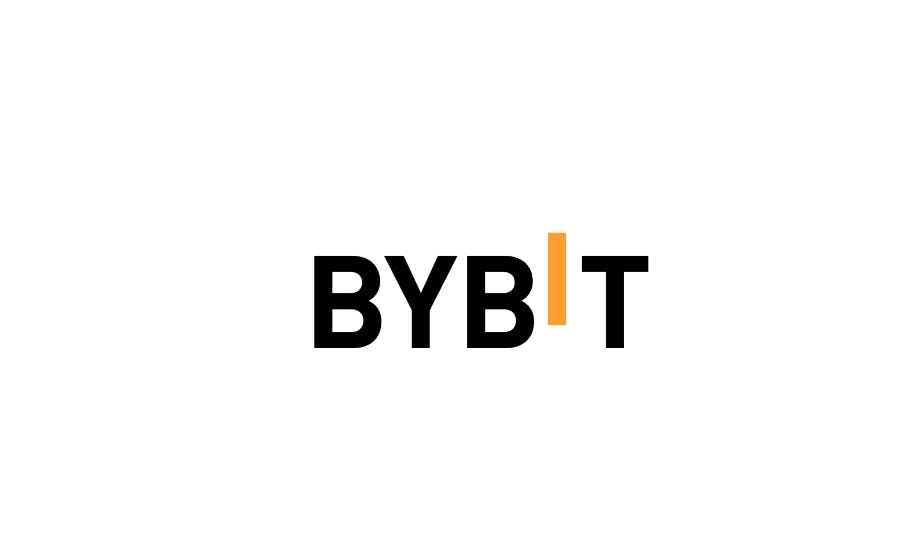Artificial intelligence is everywhere and in every company. Across many industries, these tools can provide significant benefits to businesses. In the hospitality industry, for example, these tools can optimize prices and improve vacancy rates. What’s more, these handy tools don’t pose any legal risk, right? Not necessarily.
Although a complex and uncertain area, multiple federal courts have allowed price-fixing claims to be based on competitors’ common use of the same algorithmic software tool, and the U.S. Department of Justice has taken the position that coordination of competition through a algorithm is no less illegal than direct collusion. As a result, companies must seriously consider the potential antitrust risks when using AI-driven or algorithmic software-based third-party services for things like pricing or inventory management. These tools can increase efficiency, but depending on the specific circumstances, they can also lead to serious antitrust risks.
Why is it risky?
First, all businesses should know that competitors cannot legally coordinate their prices. In the traditional sense, this would mean competitors communicating directly and agreeing on their prices or production. However, antitrust law also applies to indirect agreements concluded through a common agent (or hub). For example, if several competitors agreed to coordinate their prices using the same agent, they would be legally no different than if such competitors entered into the same agreement directly. In antitrust jargon, this is known as a “hub and spoke” conspiracy, because the direct similarities are between each competitor (or spoke) and the common “hub,” but each of these “spokes” is at least partially stand because it understands that its competitors are entering into parallel agreements with the “hub” that will facilitate the desired coordination.
As a recent example, this “hub and spoke” paradigm of alleged collusion has recently been applied to rental markets where competing hotels, landlords or property managers use a common third-party algorithmic software provider that works with each competitor to recommend and optimize its prices. and inventory management decisions, but can do so based on what the AI or software “learns” from other competitors’ own data fed into the same tool. If your company uses software that you know none of your competitors use, or where you know the software uses only publicly available, non-confidential data, then your antitrust risk is likely minimal. But how can your company actually know that?
If your company relies on an algorithmic software service to analyze market data and make pricing recommendations based on what it “learns” from your confidential data and what it otherwise “knows” about the market (perhaps including competitors using the same service), then you may unknowingly pose a substantial antitrust risk that private plaintiffs or the DOJ could allege that you are engaged in price-fixing conspiracy in violation of federal and state antitrust laws. Even if you never actually interact with any of your competitors, let alone “agree” with any of them, using and relying on the pricing recommendations of a commonly used algorithmic software tool can legally do the same thing – and win you business . as a defendant in a federal lawsuit.
What does the Ministry of Justice say?
Private plaintiffs and U.S. enforcement agencies have increasingly targeted certain businesses, such as hotels and landlords, as well as their property managers, for alleged collusion enabled by and through the common use of the same software pricing tools. While subject to factual details, such as whether the common software tool uses non-public data from competing subscribers, the DOJ has made its position on the issue clear. Specifically, the DOJ has argued that it makes no difference that prices are set through common use of an algorithm rather than by an individual; just as sharing information through an algorithmic service should be treated the same as sharing information through email, fax, or in-person conversation. In other words, the question of whether competitors establish a price-fixing program through a software algorithm or through human-to-human interaction should have no legal significance.
The DOJ has gone even further and asserted that it is not necessary for conspirators to consistently adhere to a common service’s pricing recommendations for a challenged price-fixing scheme to be illegal per se. The DOJ has argued that even if the agreement to use common pricing algorithms merely results in a common standard or starting point for prices that ultimately vary in practice, such an agreement itself is still illegal. With regard to whether there is actually any agreement among competitors (rather than each individually agreeing to the common software service), the DOJ has taken the position that such a horizontal agreement may be implied when the software vendor adopts the same tone every competitor states. competitor indicating that using the algorithm “could help them avoid competition,” and then each competing company agrees to use the software tool.
What do courts say?
To date, some courts have been skeptical of price-fixing lawsuits, claiming that the blanket use of an algorithmic software tool to inform pricing and inventory management decisions violates antitrust law. For example, some courts have refused to allow the implication of the required horizontal agreement between competing property managers, where each of them could just as easily have independently decided to use the same third-party software tool – in antitrust jargon: that there is no ‘edge’ exists (horizontal agreement) around the “hub and spoke” necessary to make a case for a collusive agreement. Some courts have also questioned whether there could be a price-fixing conspiracy in which competitors are not obligated to follow the recommendations of the widely used software tool. However, other courts have allowed such claims to be heard based on the plaintiffs’ allegations and the theory of an implied “edge” because the utility of the algorithmic software tool can plausibly be made to depend on its use by a significant part of the competitors in the affected region. market.
What should you do now?
An individual company’s unilateral pricing and other competitive decisions are generally shielded from antitrust risk because Section 1 of the Sherman Act requires concerted conduct, or an agreement to restrain trade, among multiple parties. But the use of a third-party software service or tool that can be framed as a common agent that shares non-public information and/or “learns” from the input of other users of that same tool could transform individual decisions into a tort. agreement – and alleged price fixing through that common instrument. This risk is reduced if such a tool uses (“learns” from) only public information – for example, publicly announced rental prices – but special caution should be exercised when subscribers enter their non-public, competitively sensitive information into the tool and, if possible, such information should be implied share with competitors who use the same tool (and input their own competitively sensitive, non-public information) to generate coordinated recommendations. Another rule of thumb to consider is whether the recommendations of such an algorithmic software tool would be useful to a company if none of its competitors were using it. If the answer is no, then caution should be exercised regarding the potential antitrust risks.
Ultimately, the legality of any algorithmic or commonly used software pricing tool is a fact-based analysis that takes into account the user data on which the software depends and how the software works in analyzing and “learning” from such data when making recommendations. However, there are steps companies can take to help minimize these risks by conducting their due diligence and risk assessment of AI or algorithmic software tools before deploying them. In short, the company needs to understand how the technology actually works before using it, ensuring that you remain competitive when it comes to pricing decisions. The alternative could be to unwittingly become a defendant in federal court for allegedly participating in a price-fixing conspiracy.
Ryan Krone is a labor and employment partner of Akerman based in Houston. Richard Brosnick is a litigation partner with Akerman and focuses his work on representing U.S. and international companies in antitrust matters.








